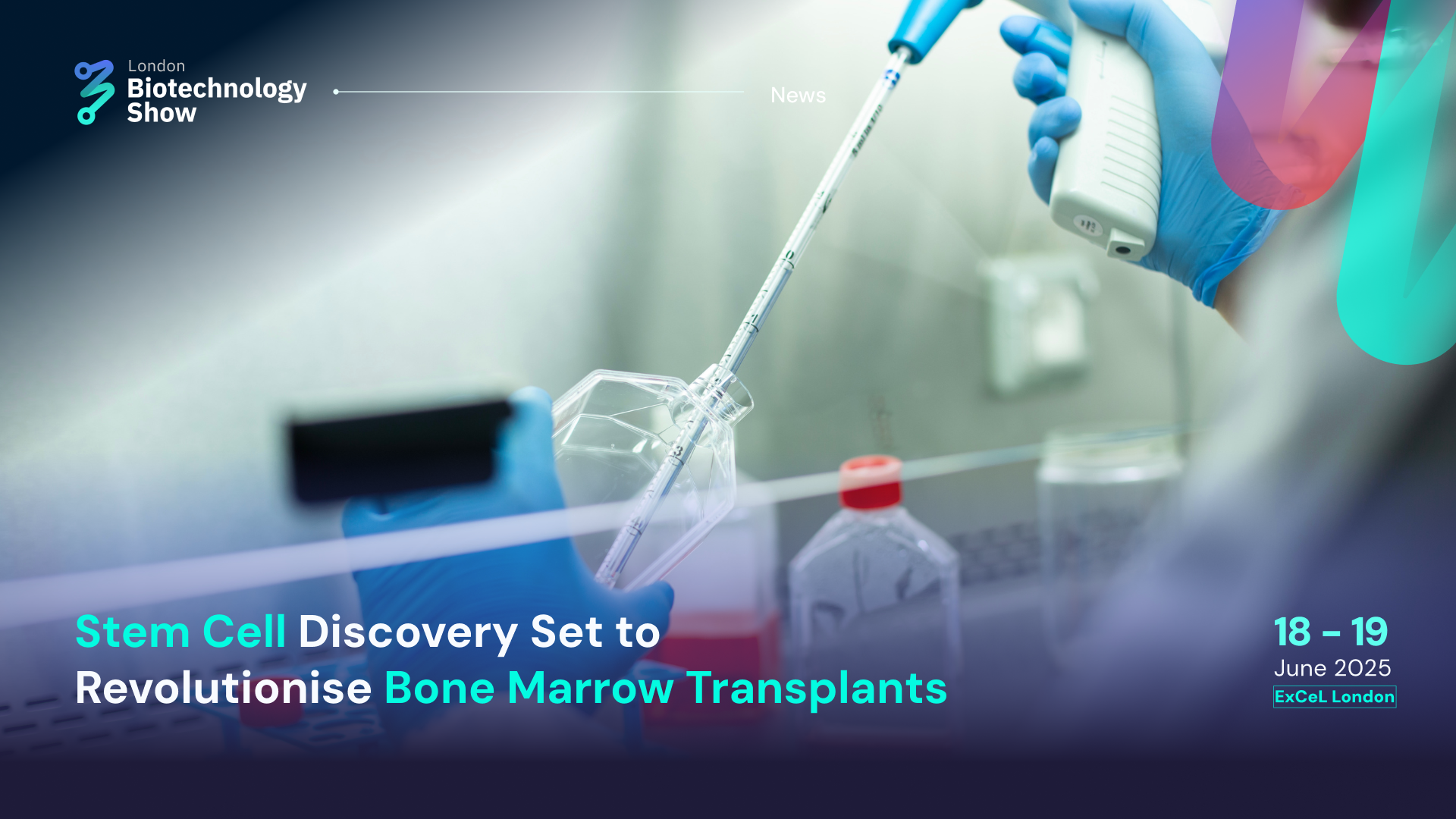September 2, 2024: Researchers at the Murdoch Children’s Research Institute in Melbourne and the University of Birmingham have achieved a major breakthrough in blood stem cell engineering. This innovative development successfully replicates blood stem cells similar to those found in the human body. By overcoming critical barriers in stem cell production, this advancement opens the door to creating cells that can generate red and white blood cells, as well as platelets, offering promising new treatment possibilities for children suffering from leukaemia and bone marrow disorders.
The discovery was further supported by work from PhD student Alexander Maytum from Prof. Constanze Bonifer’s research group at the University of Birmingham. Their findings provided a crucial insight into generating human blood stem cells capable of reconstituting the entire blood system in vitro. The Bonifer team’s data revealed that the precise timing of adding and withdrawing a specific growth factor in stem cell cultures was key to this process.
In the university’s official publication, Professor Constanze Bonifer, Emeritus Professor of Experimental Haematology and co-author of the study said: “This is a remarkable discovery that could lead to significant improvements in how leukaemia and bone marrow failure disorders are treated in the future. The contribution by the University of Birmingham team has greatly improved the efficiency of creating a paradigm shifting blood stem cell that can overcome some of the issues with blood stem cell transplant treatments currently in use.”
In the study, immune-deficient mice were injected with lab-engineered human blood stem cells, which developed into functional bone marrow at levels comparable to those seen in umbilical cord blood cell transplants—a recognized benchmark for success. Moreover, it demonstrated that lab-grown stem cells could be frozen before being successfully transplanted into the mice, replicating the preservation process used for donor blood stem cells prior to patient transplantation.
The research was additionally supported by contributions from experts at the University of Melbourne, Peter MacCallum Cancer Centre, University of California Los Angeles, University College London, and the University of Birmingham.
This breakthrough in lab-engineered blood stem cells represents a significant step forward in regenerative medicine, offering promising prospects for personalised treatments for children with leukaemia and bone marrow disorders. With the successful development and testing in animal models, future clinical trials aim to further validate the safety and efficacy of these innovative therapies, potentially revolutionising treatment options in the field. The collaborative efforts of leading research institutions highlight the progress and potential impact of this groundbreaking discovery.


